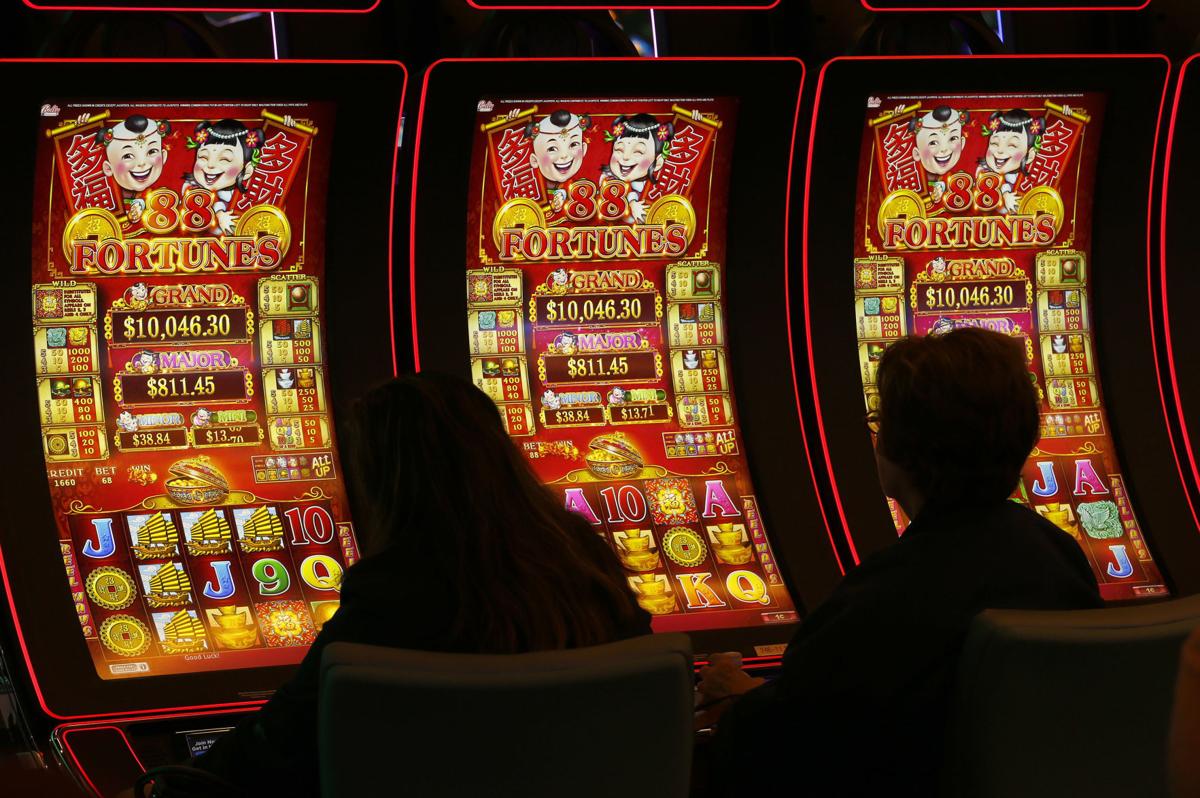PHOENIX — State officials agreed today to allow full-scale gaming at the Tohono O'odham casino in Glendale in exchange for a promise the tribe won't seek additional sites in the Phoenix area.
The deal officially is between the state and all of the tribes. It offers the other tribes some additional gaming opportunities — more poker tables and keno games — if they, too, will limit gaming to existing reservations.
Kirk Adams, the governor's chief of staff, said this deal to "modernize'' the gaming compacts first authorized by voters in 2002 has been in the works for some time.
But it comes just days before U.S. District Court Judge David Campbell is to hear arguments in the latest dispute between the state and the Tohono O'odham over whether the tribe has the legal right to operate a full-scale casino at the Glendale site. If the judge sides with the tribe, the state gets nothing in return.
The tribe has won a string of victories in previous legal fights with the state over the casino. But gubernatorial legal counsel Michael Liburdi he was "very confident'' the state would win the current lawsuit.
Still, he said, it makes sense to settle.
"As the governor has said, he's interested in doing the business of the state with as little legal activity as possible,'' Liburdi explained.
"The way we view this is the Tohono O'odham Nation gets what they want: the casino in Glendale,'' he continued. "Allow them to have what they want and let's move forward with a new compact where all sides in the state could benefit and the state of Arizona could benefit.''
That benefit is financial.
"It's about keeping Arizona money in Arizona," said Navajo Tribal President Russell Begaye. He said more gaming opportunities in the state means fewer people who feel the need to go to Las Vegas or Laughlin in Nevada.
That benefits not only the tribes but also the state, which has a revenue-sharing agreement with the tribes that now brings in about $100 million a year.
Mesa Mayor John Giles cheered the deal because of what it means to his community.
He said the original 2002 deal included what voters believed was a promise that casinos would be limited to existing reservations.
But that premise was undermined by the fact the Tohono O'odham took advantage of a little-known provision to add land near Glendale to its reservation and construct a casino there. And that raised the question of whether other gaming sites could pop up.
"It settles some uncertainty a lot of the communities have felt in watching the events in Glendale,'' Giles said. "There's some nervousness that we might see casinos unexpectedly appear in other parts of the Valley.''
That same logic applies to the other tribes in the Phoenix area who have fought the Tohono O'odham casino in court and in Congress for years: It allows the Glendale casino — which is competition for gaming dollars — to remain but assures there won't be more.
While not part of the agreement, the deal could eliminate two other obstacles for the Tohono O'odham.
First, it could get the state Department of Liquor Licenses and Control to finally act on the tribe's request for a liquor license at the Glendale site, a request that continues to be delayed. Adams would say only that the agency continues to review the application.
Second, Congressman Trent Franks has had legislation for several years now to undermine the tribe's claim it is entitled to operate a casino on the Glendale property. Adams said while it is "unpredictable'' what Congress might do, he noted that prior efforts by Franks have been unsuccessful.
There was no immediate response from the Tohono O'odham to the proposal, which gubernatorial press aide Daniel Scarpinato said the tribe has had now for some time.





